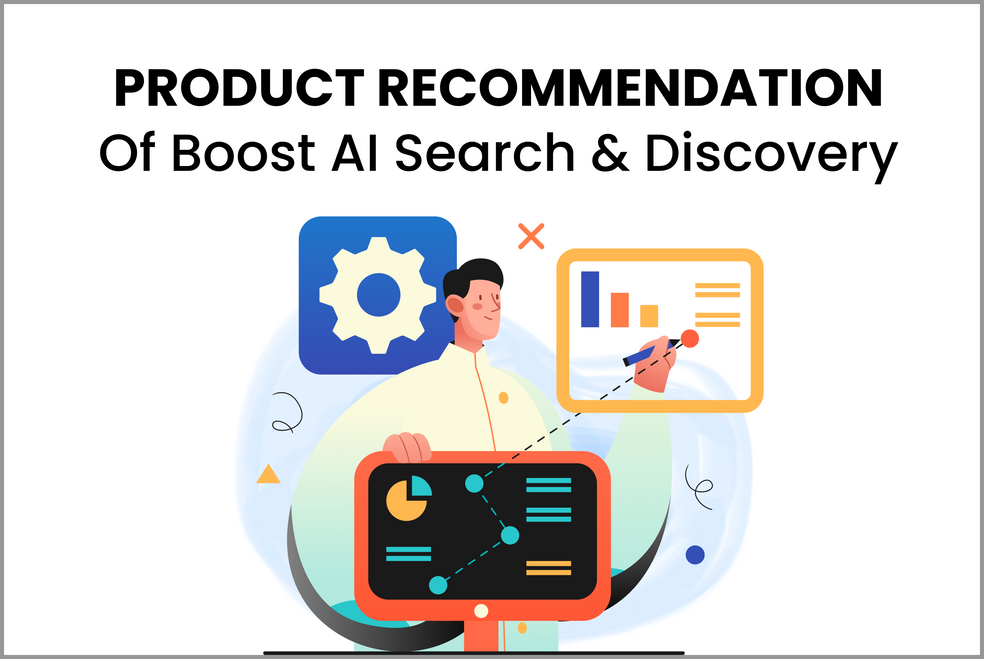What is Cognitive Search?
Cognitive search is a powerful artificial intelligence technology that enables users to quickly and accurately search for the products they need. By utilizing natural language processing (NLP) and machine learning (ML) algorithms, cognitive search understands the intent of the user’s query and retrieves results that best match it.
Cognitive search technology analyzes natural language queries against an index of attributes associated with the products in the online store.
What does Cognitive Search do?
Cognitive Search technology helps eCommerce businesses filter through large amounts of data to find relevant information easily and quickly. This can include products, customer preferences, or price comparisons.
The technology uses natural language processing (NLP) to make complex queries easier to understand. By understanding the user’s intent and their search terms, the system can deliver more targeted results.
Cognitive Search is also used to personalize the customer experience. The technology can analyze customer data, such as previous purchases or search history, to determine what products and services may interest them.
This allows businesses to create more tailored and relevant content for their customers, leading to increased engagement and satisfaction.
Cognitive Search can also be used to suggest relevant products or services to customers during the checkout process. This can help reduce shopping cart abandonment and increase sales.
For example, if a customer searches for an item and adds it to their cart, your site search can suggest additional items that may complement their purchase, such as accessories or related items.
Examples of websites with Cognitive Search



eBay
eBay is using AI to help their customers find what they are looking for quickly and easily. Their cognitive search tool utilizes a combination of AI and NLP to understand the customers’ search and users’ browsing behavior. This helps provide more personalized and relevant results for customers and helps reduce the time spent searching for products.
Amazon
Amazon’s search tool is powered by natural language processing and trained algorithms. This allows the search tool to understand a customer’s query and provide the most accurate search results. Additionally, Amazon leverages machine learning to continuously improve their site search capabilities based on customer behaviors and preferences.
Best practices to implement Cognitive Search
1. Make use of natural language processing (NLP)
NLP technology offers a more naturalistic online shopping experience. By using NLP, eCommerce sites can quickly and accurately interpret natural phrases and questions from shoppers. NLP-enabled search queries allow shoppers to find their desired products in fewer steps and without having to input long and complicated searches.
2. Utilize advanced metrics and analytics
eCommerce retailers can access advanced metrics like search result click rates, query success rates and query trends. Leveraging these metrics can help retailers better understand and adjust their searches to better meet the needs of their customers. This can ultimately help improve the search experience and provide customers with the products they’re looking for more quickly.
3. Focus on personalized search results
Personalization is an important component of cognitive search. By leveraging customer data, retailers can tailor search results to better match their shoppers’ interests. This can help facilitate more productive and enjoyable shopping experiences, giving shoppers exactly what they’re looking for in fewer steps.
4. Utilize visual search technologies
Visual search technology can significantly boost accuracy and efficiency of search queries. This technology uses machine learning algorithms to recognize text, objects and images, allowing customers to quickly search for items with minimal effort. It can help retailers improve their search accuracy and significantly reduce turnaround times for search results.
















